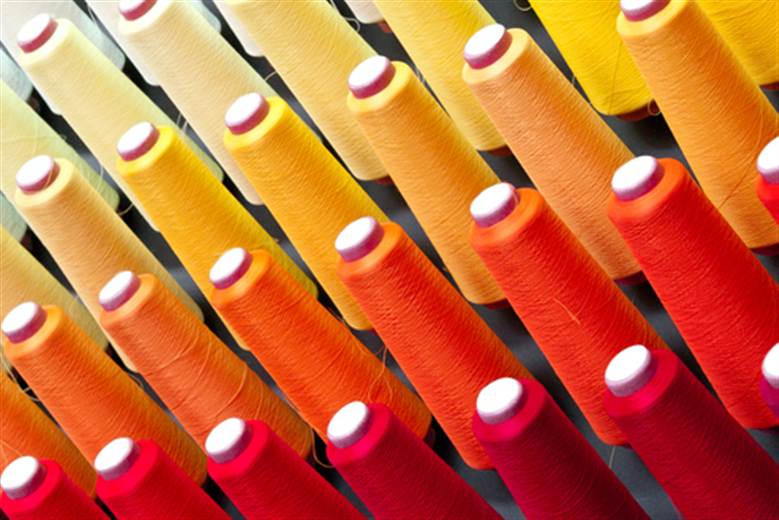Bangladesh: Huntsman and German agency promote better handling of textile chemicals
24/06/2014

Ten mills have signed up to the Deutsche Gesellschaft für Internationale Zusammenarbeit (GIZ) Chemical Environmental Management for Competitiveness Programme, which has also been developed by the governments of Bangladesh and Germany.
The programme will include managerial and technical training, audit and consultancy services and support from Environmental Management System specialists from GIZ and Huntsman Textile Effects. Working with the local textiles sector, the partners will support the development of industry-wide chemical management (CM) best practices.
Magnus Schmid, PSES coordinator, said: “Textile factories in Bangladesh are now taking environmental issues more seriously as regulatory requirements become stricter and the economic benefits of sustainability become more widely recognised. PSES has already made a great impact with our CM training program and other initiatives and we look forward to doing even more through our new partnership with Huntsman Textile Effects.”
Bangladesh’s textile industry is the nation’s largest export sector. The ready-made garment (RMG) sector was worth US$19 billion in 2012, when more than 5,000 garment factories employed about 4 million people and accounted for 45% of all industrial workers. To remain internationally competitive, local textile mills and RMG factories increasingly have to demonstrate that they operate in a socially and environmentally sustainable way.
GIZ has trained more than 60 consultants in the use of its CM tool, which covers the proper handling and storage of chemicals and seeks to improve workplace safety and compliance with environmental laws and achieve cost savings. Huntsman will also provide audit and consultancy services to local mills under its Productivity Improvement Programme.
The cooperation with GIZ is part of Huntsman Textile Effects’ commitment to the Zero Discharge of Hazardous Chemicals programme. This global initiative of 18 leading apparel and footwear brands and retailers intends to eliminate hazardous chemicals from textiles production by 2020.











